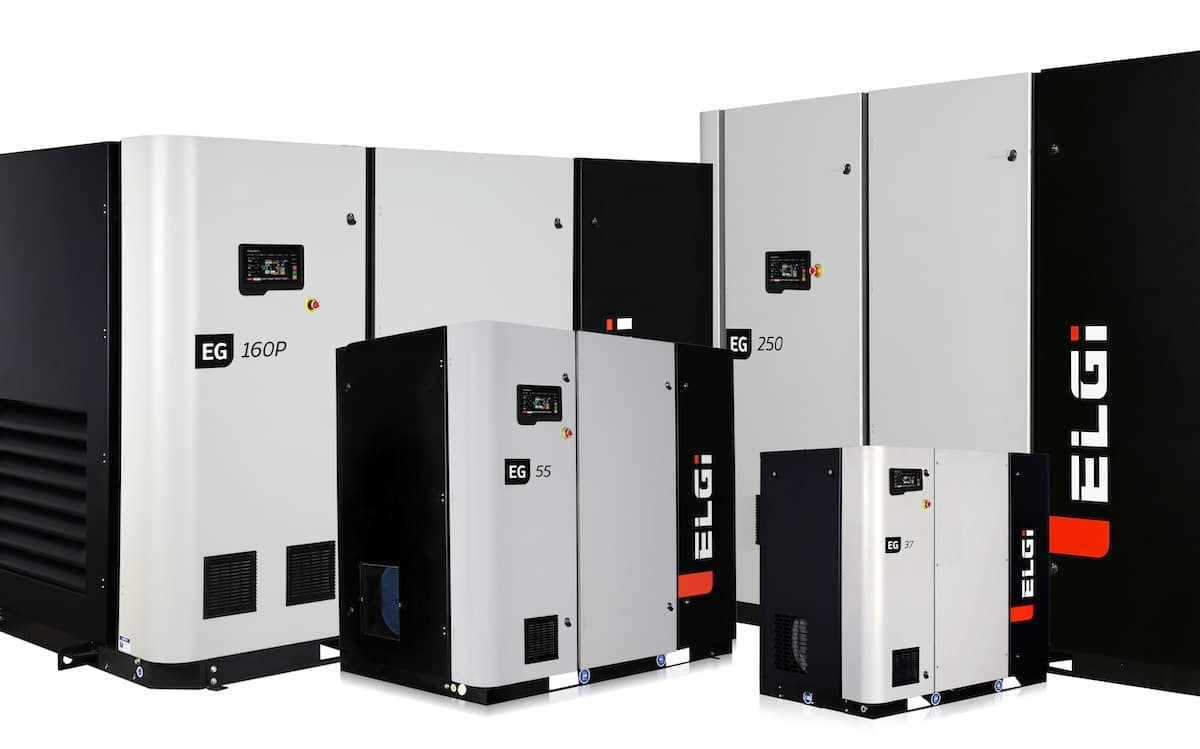
In today’s competitive industrial landscape, having the right air compressor can significantly impact productivity, efficiency, and operational costs. Elgi Compressors, a leading brand in the compressed air industry, are renowned for their durability, efficiency, and advanced technology. However, selecting the appropriate Elgi compressor tailored to your specific industrial needs requires careful consideration. This article explores key factors to help you make an informed decision and maximize the benefits of your investment.
Understanding Your Industrial Air Compressor Requirements
Before diving into the different models and specifications of Elgi compressors, it is essential to assess your industrial air requirements thoroughly. Different industries and applications demand varying air pressures, volumes, and duty cycles. Begin by identifying the nature of your operations: Are you powering pneumatic tools, controlling manufacturing processes, or running large-scale machinery? This understanding will help define the necessary air flow (measured in cubic feet per minute or CFM) and pressure (measured in pounds per square inch or PSI).
Moreover, consider the environment in which the compressor will operate. Factors such as ambient temperature, humidity, space constraints, and power availability influence the selection process. Elgi Compressors offer a broad product range, from oil-lubricated rotary screw compressors to oil-free variants, each suited to specific operational environments and industry regulations.
Evaluating Compressor Types Offered by Elgi
Elgi Compressors provides a variety of compressor types, each engineered for distinct industrial uses. Two primary categories to focus on are oil-lubricated rotary screw compressors and oil-free compressors.
Oil-lubricated compressors are ideal for heavy-duty applications requiring continuous operation and high air output. These compressors are known for their robustness and ability to operate efficiently under demanding conditions. On the other hand, oil-free compressors are critical in industries such as pharmaceuticals, food processing, and electronics, where air purity is non-negotiable. Elgi’s oil-free compressors ensure zero contamination, meeting stringent quality standards.
By evaluating the pros and cons of each compressor type in relation to your operational demands, you can select a model that balances performance with maintenance requirements and lifecycle costs.
Assessing Energy Efficiency and Operational Costs
Energy consumption represents a significant portion of the total cost of ownership for industrial compressors. Elgi Compressors are recognized for their energy-efficient designs, which incorporate advanced technologies such as variable speed drives (VSD) and optimized air-end designs. When selecting a compressor, assess its energy efficiency ratings and compatibility with your facility’s energy management systems.
Additionally, consider the maintenance costs associated with the compressor. Elgi’s reputation for reliability is supported by their comprehensive after-sales service and availability of spare parts. Choosing a compressor model that offers easy serviceability and lower downtime can translate into substantial long-term savings.
Reviewing Capacity and Scalability
Industrial operations are often dynamic, with air demand fluctuating due to production scaling, new equipment integration, or process changes. Selecting an Elgi compressor with the right capacity ensures you meet current needs without over-investing in excess power. However, it is equally important to consider future scalability.
Many Elgi Compressors models come with modular designs or options for capacity upgrades, allowing businesses to adapt without replacing the entire system. Such flexibility is invaluable for industries planning gradual expansion or those with seasonal demand variations.
Ensuring Compliance with Industry Standards and Safety
Compliance with industry-specific regulations and safety standards is crucial when choosing industrial equipment. Elgi Compressors are designed to meet global standards such as ISO, ASME, and various national certifications. These standards guarantee that the compressors not only perform efficiently but also operate safely in different industrial settings.
Before finalizing your purchase, verify that the selected Elgi compressor complies with relevant local and international standards, particularly if your industry has strict environmental or quality controls. Additionally, consider the noise levels and emission controls integrated into the compressor design to ensure workplace safety and regulatory adherence.
Partnering with a Trusted Supplier and Service Provider
Choosing the right Elgi compressor extends beyond the machine itself. A reliable supplier who understands your industrial needs and offers robust after-sales support can significantly influence your overall satisfaction and equipment uptime. Elgi Compressors are widely supported by an extensive dealer network and authorized service centers.
Engage with suppliers who provide comprehensive consultation, timely installation, operator training, and preventive maintenance services. This partnership helps optimize compressor performance and extends the equipment’s lifespan, making it a valuable asset to your industrial operations.
Conclusion
Selecting the right Elgi Compressors for your industrial needs involves a comprehensive evaluation of your operational requirements, compressor types, energy efficiency, capacity, compliance, and supplier support. By thoroughly assessing these factors, you can ensure that your chosen compressor not only meets your current demands but also supports your business growth and sustainability goals.
Investing in the right Elgi compressor is an investment in productivity, reliability, and cost-effectiveness, ultimately contributing to the success of your industrial enterprise.
